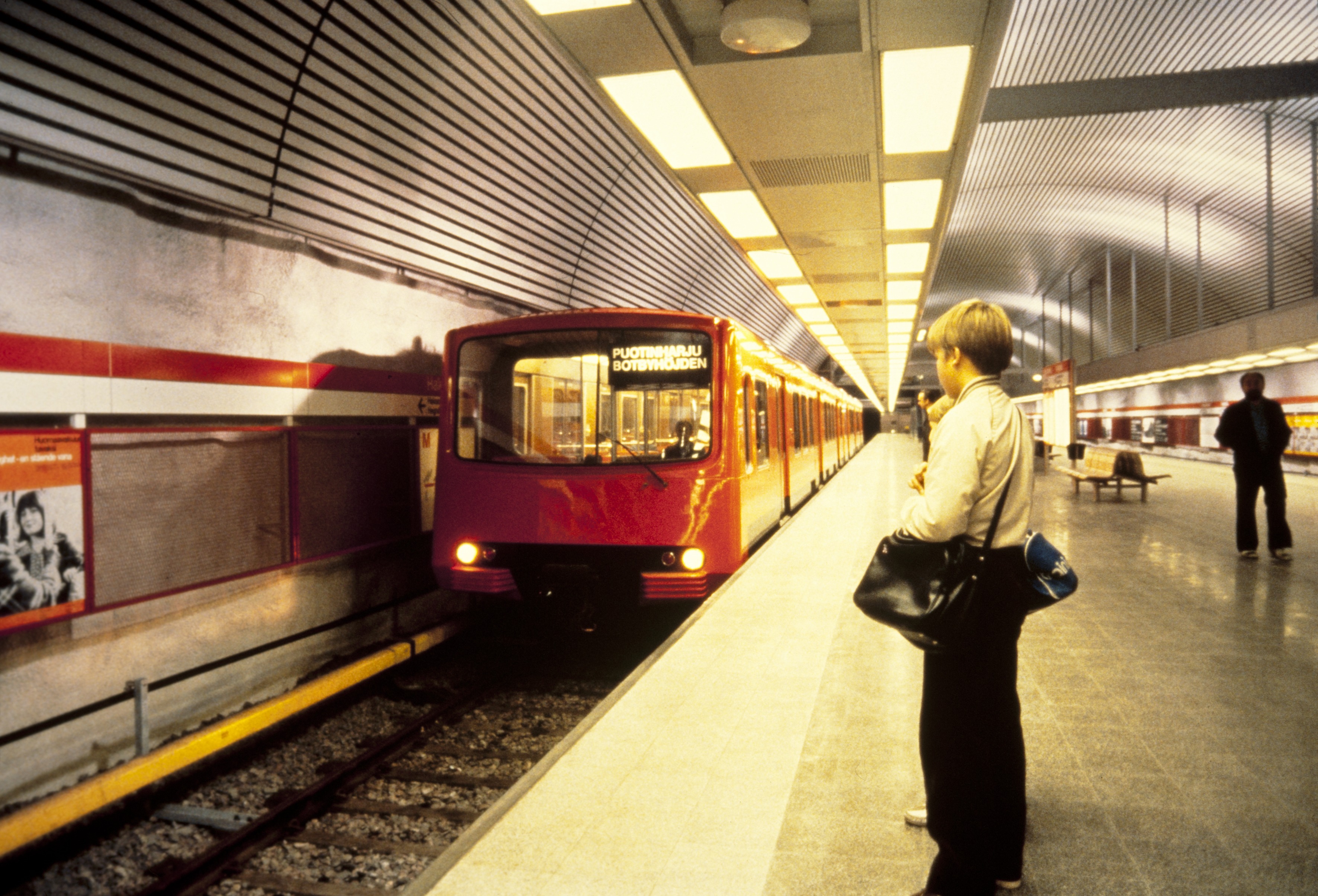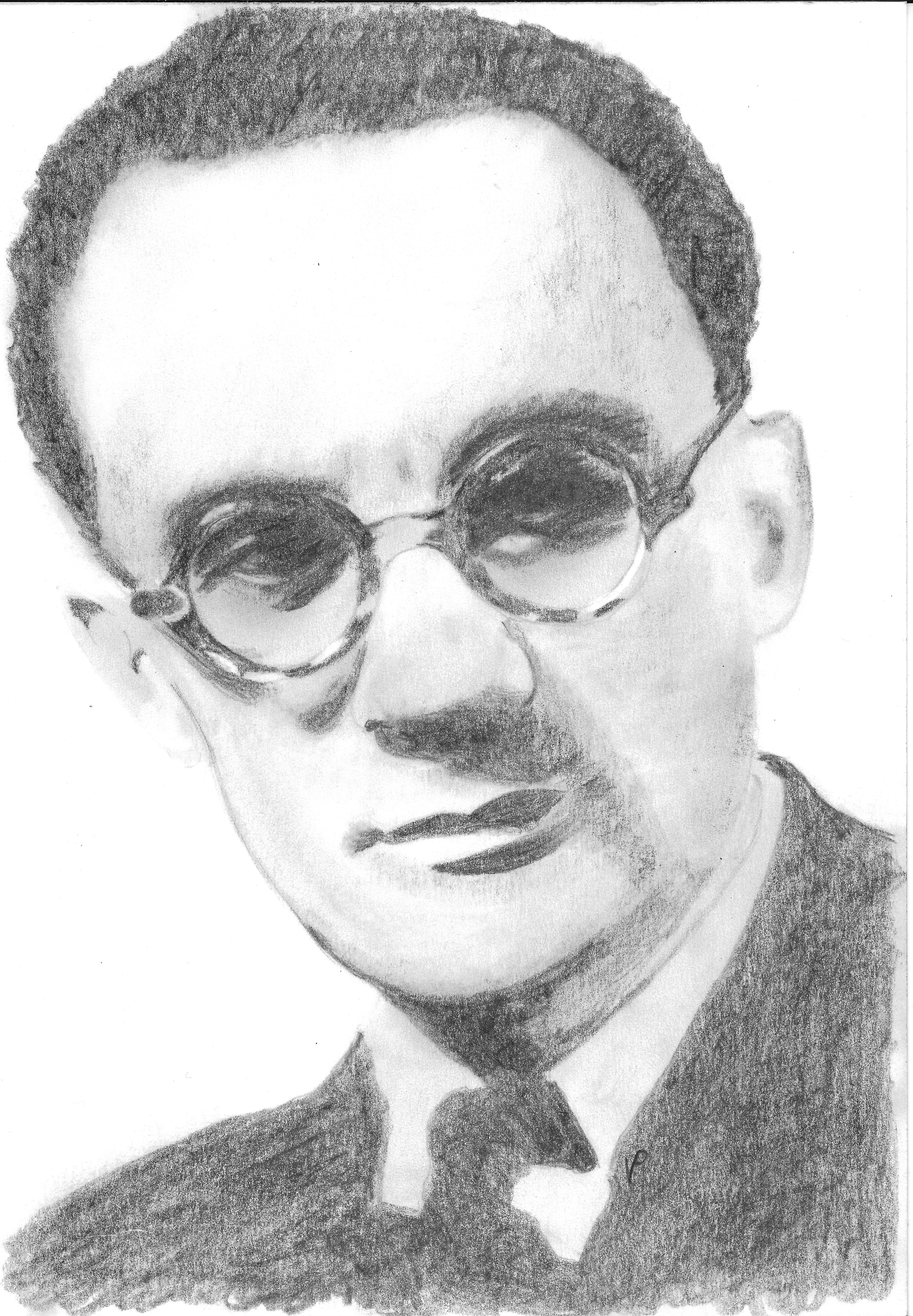|
Philipp Jarnach
Philipp Jarnach (26 July 1892 17 December 1982 in Börnsen) was a German composer of modern music ("Neue Musik"), pianist, teacher, and conductor. Jarnach was born in Noisy-le-Sec, France, the son of a Spanish sculptor and a Flemish mother. Besides composer such as Hindemith, Jarnach is considered one of the leading and formative composer of the late German Romantic and early modern ("Neue Musik") eras. Until 1914 he lived in Paris, where he studied piano under Édouard Risler and harmony under Albert Lavignac at the Conservatoire de Paris. During the First World War he was a student of Ferruccio Busoni in Zürich. He later completed the opera ''Doktor Faust'' which Busoni had left unfinished on his death in 1924. In the 1920s Jarnach worked in Berlin as a pianist, conductor and composer. In 1927 he became a teacher in composition at the Hochschule für Musik Köln. In 1949 he founded the Hamburger Musikhochschule (Hamburg Music Academy) which he directed until 1959 and at whic ... [...More Info...] [...Related Items...] OR: [Wikipedia] [Google] [Baidu] |
1982
Events January * January 1 – In Malaysia and Singapore, clocks are adjusted to the same time zone, UTC+8 (GMT+8.00). * January 13 – Air Florida Flight 90 crashes shortly after takeoff into the 14th Street bridges, 14th Street Bridge in Washington, D.C., United States, then falls into the Potomac River, killing 78 people. * January 18 – 1982 Thunderbirds Indian Springs Diamond Crash: Four Northrop T-38 aircraft of the United States Air Force crash at Indian Springs Air Force Auxiliary Field, Nevada, killing all 4 pilots. * January 26 ** Mauno Koivisto is elected President of Finland. ** Unemployment in the United Kingdom increases by 129,918 to 3,070,621, a post-war record number. * January 27 – The Garret FitzGerald government of the Republic of Ireland is defeated 82–81 on its budget; the Members of the 22nd Dáil, 22nd Dáil Éireann is dissolved. * January 30 – The first computer virus, the Elk Cloner, written by 15-year old Rich Skrenta, is found. It infects A ... [...More Info...] [...Related Items...] OR: [Wikipedia] [Google] [Baidu] |
Ivan Rebroff
Ivan Rebroff (31 July 193127 February 2008) was a German-born vocalist, allegedly of Russian ancestry, who rose to prominence for his distinct and extensive vocal range of four and a half octaves, ranging from the soprano to bass registers. Life and career Rebroff was born in Berlin as Hans-Rolf Rippert to German parents. His parents werPaul Rippert an engineer born in 1897 in Liebenwerda, anLuise Fenske born in Bydgoszcz (then part of Prussian Bromberg). He claimed Russian descent, and while often disputed, this has never been totally refuted. In a 1989 interview with ''Izvestia'', he said "according to documents I am Ivan Pavlovich Rebroff" (russian: Иван Павлович Ребров). He studied singing at the Hochschule für Musik und Theater Hamburg. Although his knowledge and pronunciation of Russian was imperfect, he became famous for singing Russian folk songs, but also performed opera, light classics and folk songs from many other countries. He was known on s ... [...More Info...] [...Related Items...] OR: [Wikipedia] [Google] [Baidu] |
Berliner Kunstpreis
The ''Berliner Kunstpreis'' (Berlin Art Prize), officially Großer Berliner Kunstpreis, is a prize for the arts by the City of Berlin. It was first awarded in 1948 in several fields of art. Since 1971, it has been awarded by the Academy of Arts (''Akademie der Künste'') on behalf of the Senate of Berlin. Annually one of its six sections, fine arts, architecture, music, literature, performing arts and film and media arts, gives the great prize, endowed with €15,000, whereas the other five sections annually award prizes endowed with €5,000. History The Berlin Art Prize has been awarded since 1948 in commemoration of the March Revolution of 1848. The official name then, ''Berliner Kunstpreis – Jubiläumsstiftung 1848/1948'' (Berlin Art Prize - 1848/1948 Jubilee Foundation), was used until 1969, the ceremony was held by the Mayor in the Charlottenburg Palace. The prize was planned to be awarded first on 18 March 1948 by the City Berlinale, to commemorate the March Revolution ... [...More Info...] [...Related Items...] OR: [Wikipedia] [Google] [Baidu] |
Akademie Der Künste (Berlin)
The Academy of Arts (german: Akademie der Künste) is a state arts institution in Berlin, Germany. The task of the Academy is to promote art, as well as to advise and support the states of Germany. The Academy's predecessor organization was founded in 1696 by Elector Frederick III of Brandenburg as the Brandenburg Academy of Arts, an academic institution in which members could meet and discuss and share ideas. The current Academy was founded on 1 October 1993 as the re-unification of formerly separate East and West Berlin academies. Membership The Academy is an incorporated body of the public right under the laws of the Federal Republic of Germany. New members are nominated by secret ballot of the general assembly, and appointed by the president with membership never to exceed 500. The academy‘s recent presidents include: * Adolf Muschg – (2003–2006) * Klaus Staeck – (2006–2015) * Jeanine Meerapfel – (2015– ) History Beginning in the 1690s, the Kingdom of Pr ... [...More Info...] [...Related Items...] OR: [Wikipedia] [Google] [Baidu] |
Nikos Skalkottas
Nikos Skalkottas ( el, Νίκος Σκαλκώτας; 21 March 1904 – 19 September 1949) was a Greek composer of 20th-century classical music. A member of the Second Viennese School, he drew his influences from both the classical repertoire and the Greek tradition. He also produced a sizeable amount of tonal music in the last phase of his musical creativity. Biography Skalkottas was born in Chalcis on the island of Euboea. He started violin lessons with his father and uncle Kostas Skalkottas at the age of five, three years after his family moved to Athens because Kostas had lost the post of town bandmaster in 1906 due to political and legal intrigues . He continued studying violin with Tony Schulze at the Athens Conservatory, from which he graduated in 1920 with a diploma of high distinction. The following year a scholarship from the Averoff Foundation enabled him to study abroad. From 1921 to 1933 he lived in Berlin, where he first took violin lessons at the Prussi ... [...More Info...] [...Related Items...] OR: [Wikipedia] [Google] [Baidu] |
Eberhard Werdin
Eberhard Werdin (19 October 1911 in Spenge – 25 May 1991 in Weilheim in Oberbayern) was a German composer and writer on music. He studied in Hanover, Bielefeld and Cologne, and then became a schoolteacher. From 1955 to 1969 he was a lecturer at the conservatory in Düsseldorf, and in 1952 he became a professor at the Municipal Music School in Leverkusen. Werdin wrote music for the stage, works for school orchestras as well as professional orchestras, choral music and chamber music, including a large number of works for brass instrument A brass instrument is a musical instrument that produces sound by sympathetic vibration of air in a tubular resonator in sympathy with the vibration of the player's lips. Brass instruments are also called labrosones or labrophones, from Latin a ...s. He also wrote on aspects of musical education. Compositions: Concertino Fur Flöte, Gitarre und Streichorchester (1969) 1911 births 1991 deaths 20th-century classical composers German cl ... [...More Info...] [...Related Items...] OR: [Wikipedia] [Google] [Baidu] |
Colin Brumby
Colin James Brumby (18 June 1933 – 3 January 2018) was an Australian composer and conductor. Biography Brumby was born in Melbourne and educated at the Glen Iris State School, Spring Road Central School, and Melbourne Boys' High School. He studied at the University of Melbourne Conservatorium of Music, from which he graduated in 1957 with a diploma in education. In 1953 he was a finalist in the Australian Youth Aria competition, eventually winning the Lieder Award. He was organist at St. Oswald's Glen Iris from 1950 to 1953. Before travelling to Europe in 1962 he taught in Queensland schools and was for a time the head of music at Kelvin Grove Teacher's College. He went to Spain to study advanced composition with Philipp Jarnach, and to London to study with Alexander Goehr. On his return to Australia, he joined the staff of the Music Department at the University of Queensland, and was based in Brisbane ever since. He became Associate Professor with the University of Queenslan ... [...More Info...] [...Related Items...] OR: [Wikipedia] [Google] [Baidu] |
Walter Steffens (composer)
Walter Steffens (born 31 October 1934) is a German composer. He is noted for the diversity of his creative works, but has specialised in opera, such as ''Eli'', as well as music inspired by paintings. Life The son of a bridge construction engineer, Steffens was born in Aachen-Burtscheid and grew up in Dortmund. His road to music was a bumpy one, especially since his father could not imagine a career in the fine arts as being a respectable way to earn a living. During the Second World War the Ruhrgebiet was being increasingly bombed, and at the age of eight, young Walter was sent, within the Kinderlandverschickung programme — the evacuation of children from war zones to the countryside — to the village of Wollenberg in Baden-Württemberg, and was thus separated from his parents and sister. By the end of the war, the 10-year-old had found a home with his grandparents in Bad Pyrmont. When the family was re-united again and the family's piano, which had been stored safely in t ... [...More Info...] [...Related Items...] OR: [Wikipedia] [Google] [Baidu] |
Jürg Baur
Jürg Baur (11 November 1918 – 31 January 2010) was a German composer whose works include ''Incontri and Mutazioni.'' Baur studied at the Cologne University of Music and taught there in his later years. Baur was also awarded the Federal Cross of Merit. Education Baur was born in Düsseldorf, where he achieved early recognition as a composer at the age of 18, when his First String Quartet was premiered at the Düsseldorf Hindenburg Secondary School by the then-famous Prisca Quartet. He studied from 1937 to 1948 (interrupted by army service from 1939 to 1945, including several months as a Russian prisoner of war) at the Hochschule für Musik Köln ( Cologne University of Music): composition with Philipp Jarnach, piano with Karl Hermann Pillney, and organ and sacred music with Michael Schneider. Even before completing his conservatory studies, he was appointed lecturer in music theory at the Düsseldorf Conservatory in 1946. He did postgraduate studies in musicology with Karl ... [...More Info...] [...Related Items...] OR: [Wikipedia] [Google] [Baidu] |
Bernd Alois Zimmermann
Bernd Alois Zimmermann (20 March 1918 – 10 August 1970) was a German composer. He is perhaps best known for his opera ''Die Soldaten'', which is regarded as one of the most important German operas of the 20th century, after those of Berg. As a result of his individual style, it is hard to label his music as avant-garde, serial or postmodern. His music employs a wide range of methods including the twelve-tone row and musical quotation. Life Zimmermann was born in Bliesheim (now part of Erftstadt) near Cologne. He grew up in a rural Catholic community in western Germany. His father worked for the German Reichsbahn (Imperial Railway) and was also a farmer. In 1929, Zimmermann began attending a private Catholic school, where he had his first real encounter with music. After the National Socialists (or Nazis) closed all private schools, he switched to a public Catholic school in Cologne where, in 1937, he received his Abitur, the German equivalent of a high school diploma. In the ... [...More Info...] [...Related Items...] OR: [Wikipedia] [Google] [Baidu] |



